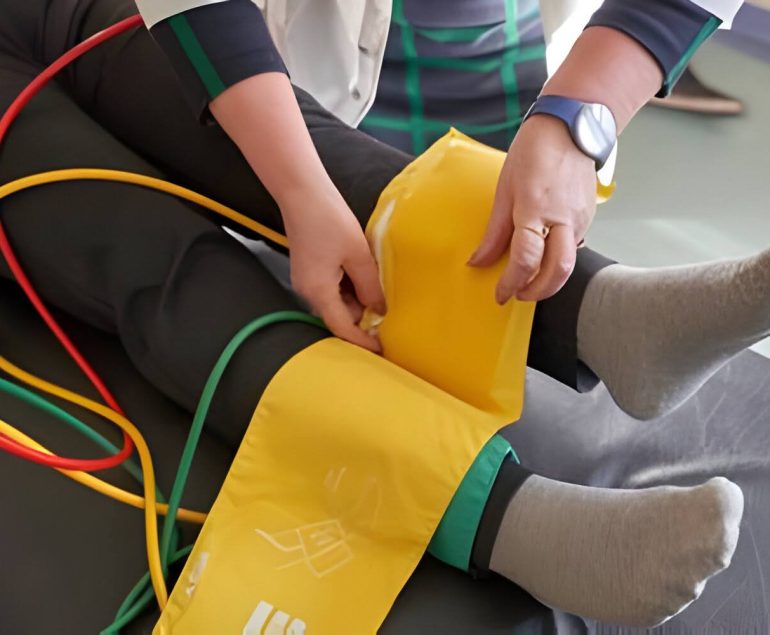Dobutamine stress echocardiography is a specialized diagnostic test used to assess the heart’s response to stress in individuals who are unable to exercise adequately or safely on a treadmill. It combines the administration of dobutamine, a medication that stimulates the heart, with echocardiography (ultrasound imaging of the heart) to evaluate heart function, blood flow, and the presence of coronary artery disease (CAD).
Procedure
During a dobutamine stress echo, the patient receives intravenous infusion of dobutamine, a medication that mimics the effects of exercise by increasing heart rate, contractility, and blood flow to the heart muscle. The dose of dobutamine is gradually increased in stages while echocardiography is performed to obtain images of the heart at rest and during each stage of the test. Echocardiographic images are used to assess changes in heart function, wall motion, and blood flow in response to dobutamine-induced stress. It mimics the effects of exercise on the heart.Uses of Dobutamine Stress Echo
Dobutamine stress echocardiography is used for various diagnostic and prognostic purposes, including:- Diagnosing CAD: Dobutamine stress echo can detect abnormalities in heart function or blood flow that may indicate reduced blood supply to the heart muscle due to narrowed or blocked coronary arteries.
- Assessing Viability: Dobutamine stress echo helps assess myocardial viability (the ability of heart muscle to recover function) in individuals with known or suspected CAD, particularly in areas of the heart that may be ischemic or not functioning optimally.
- Evaluating Heart Function: Dobutamine stress echo provides valuable information about heart function, including changes in wall motion, ejection fraction, and valve function during stress.
- Assessing Treatment Response: Dobutamine stress echo may be used to assess the effectiveness of treatments for CAD or other cardiovascular conditions, such as medication therapy or revascularization procedures.
Advantages of Dobutamine Stress Echo
Dobutamine stress echocardiography offers several advantages over other stress testing modalities, including:- No Requirement for Exercise: Dobutamine stress echo can be performed in individuals who are unable to exercise adequately or safely on a treadmill due to physical limitations, musculoskeletal problems, or other medical conditions.
- Real-Time Assessment: Dobutamine stress echo provides real-time assessment of heart function and blood flow during stress, allowing for immediate evaluation of abnormalities.
- High Sensitivity and Specificity: Dobutamine stress echo has high sensitivity and specificity for detecting CAD and can provide accurate diagnostic information when performed and interpreted correctly.


